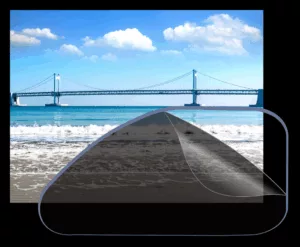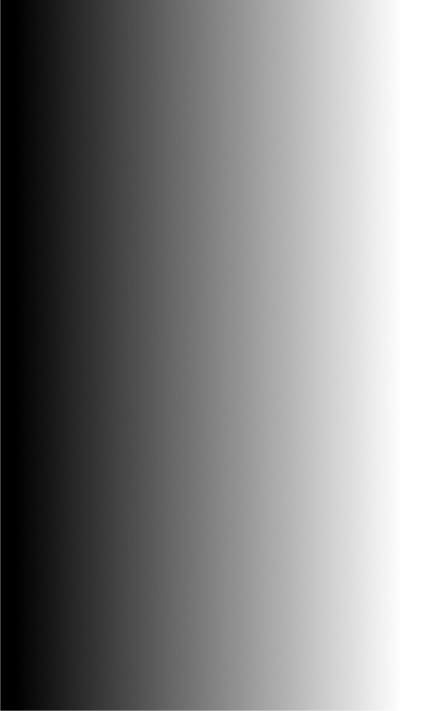Virginia Window Tint Law 2025 | Legal Tint Limits and Compliance Guide
Virginia Window Tint Law 2025
Window tinting has become a popular upgrade for drivers across Virginia. From enhancing vehicle aesthetics to improving interior comfort and privacy, tinting offers practical benefits. However, the state of Virginia enforces strict regulations on window tinting to ensure public safety, particularly for law enforcement visibility and driver awareness.
Whether you’re considering tinting your vehicle windows for the first time or you’re unsure if your current tint is legal, understanding Virginia’s window tint law is crucial. This guide provides a complete breakdown of legal limits, exceptions, and enforcement rules as of 2025. We’ll also recommend TERMINAX, a trusted brand that offers high-performance, state-compliant tint options.

What Is Window Tint and Why Is It Regulated?
Window tint refers to a film or coating applied to a car’s windows to reduce the amount of sunlight that enters the cabin. It improves driver comfort, reduces glare, blocks harmful UV rays, and protects the interior. Some drivers also appreciate the added privacy and style tint provides.
However, if the tint is too dark or reflective, it can impair visibility, especially at night, and make it difficult for police officers to see inside the vehicle during traffic stops. For this reason, states like Virginia have enacted specific laws to regulate tint darkness and reflectivity.
Understanding VLT (Visible Light Transmission)
Visible Light Transmission, or VLT, refers to the percentage of light that a window tint allows to pass through. The lower the VLT number, the darker the tint. For example, a 70% VLT allows 70% of visible light to pass through, while a 20% VLT only lets in 20% of light.
Virginia law sets minimum VLT percentages for different windows of your vehicle based on the type of vehicle you drive.
Virginia Window Tint Law 2025: Legal Limits by Vehicle Type
Passenger Cars (Sedans, Coupes, Hatchbacks)
- Front Side Windows: Must allow at least 50% of light in (50% VLT)
- Rear Side Windows: Must allow at least 35% of light in (35% VLT)
- Rear Window: Must allow at least 35% of light in (35% VLT)
- Windshield: Non-reflective tint is allowed only above the AS-1 line (top 5 inches)
Multi-Purpose Vehicles (SUVs, Trucks, Vans)
- Front Side Windows: Must allow at least 50% of light in
- Rear Side Windows and Rear Window: No limit on tint darkness
- Windshield: Same rule applies—non-reflective tint only above the AS-1 line
These standards apply to after market window tint. Factory-tinted windows are typically within legal limits, especially for rear windows on multi-purpose vehicles.
Reflective Tint and Color Restrictions
In addition to VLT requirements, Virginia law also regulates the reflectivity of window tint:
- Tint must not be more than 20% reflective on any window.
- Highly reflective or mirror-like films are not allowed.
As of 2025, Virginia does not restrict tint film based on color. However, it’s still best to choose tints that don’t impair visibility or resemble emergency vehicle lighting.
Medical Exemptions in Virginia
Virginia allows certain drivers to apply for a medical exemption to the standard tint laws. If you suffer from a medical condition that makes you sensitive to sunlight or UV exposure, you may be eligible to use a darker tint than normally allowed.
To apply:
- Obtain a signed statement from a licensed physician.
- Submit the form to the Virginia Department of Motor Vehicles (DMV).
- Once approved, carry the exemption certificate in your vehicle at all times.
Conditions that may qualify include lupus, melanoma, photosensitivity, and other UV-sensitive skin or eye disorders.
Keep in mind: even with an exemption, tint on the windshield beyond the AS-1 line is not permitted.
Penalties for Illegal Tint in Virginia
If your tint does not comply with state law, you may be subject to the following penalties:
- Fix-it ticket for non-compliance
- Fines typically ranging from $100 to $250
- Required removal of illegal tint before your next vehicle inspection
Virginia also requires vehicle inspections every 12 months. Non-compliant tint may cause your car to fail inspection.
To avoid these issues, always choose a tint film that is certified and professionally installed.
How to Know If Your Tint Is Legal in Virginia
The best way to ensure compliance with Virginia tint laws is by:
- Using a tint meter to check VLT percentage
- Requesting a certification from the tint installer that the film meets state laws
- Making sure the installer places a compliance sticker between the tint film and the window (required by law)
These small steps can save you from legal trouble and ensure peace of mind.
Why Choose TERMINAX for Window Tinting in Virginia
When it comes to staying compliant and getting top-tier protection, TERMINAX is a brand trusted by drivers across the U.S. TERMINAX offers a full range of automotive tint products specifically designed to meet state regulations, including Virginia’s 2025 standards.
TERMINAX Benefits:
- Certified tint films with VLT options that meet 50% and 35% legal limits
- Non-reflective finishes to meet the 20% reflectivity cap
- Blocks over 99% of harmful UV rays
- Reduces cabin heat, improving comfort and fuel efficiency
- Durable, scratch-resistant coatings
- Professional installation network ensures proper application and legal compliance
TERMINAX products come with a certificate of compliance and meet or exceed all Virginia safety standards, making them a smart choice for your next tint upgrade.
Final Thoughts: Stay Safe and Compliant on Virginia Roads
Understanding Virginia’s window tint laws helps you avoid fines, pass inspections, and stay safe while driving. With strict VLT and reflectivity limits, it’s important to choose products that are legally compliant and professionally installed.
TERMINAX offers a range of premium window tint films that meet Virginia’s legal requirements and exceed performance expectations. Whether you’re looking for heat control, UV protection, or style, TERMINAX delivers while keeping you on the right side of the law.
If you’re planning to tint your windows in Virginia, do it right—do it with TERMINAX.


